Southeast Asia Regional Meeting 2025
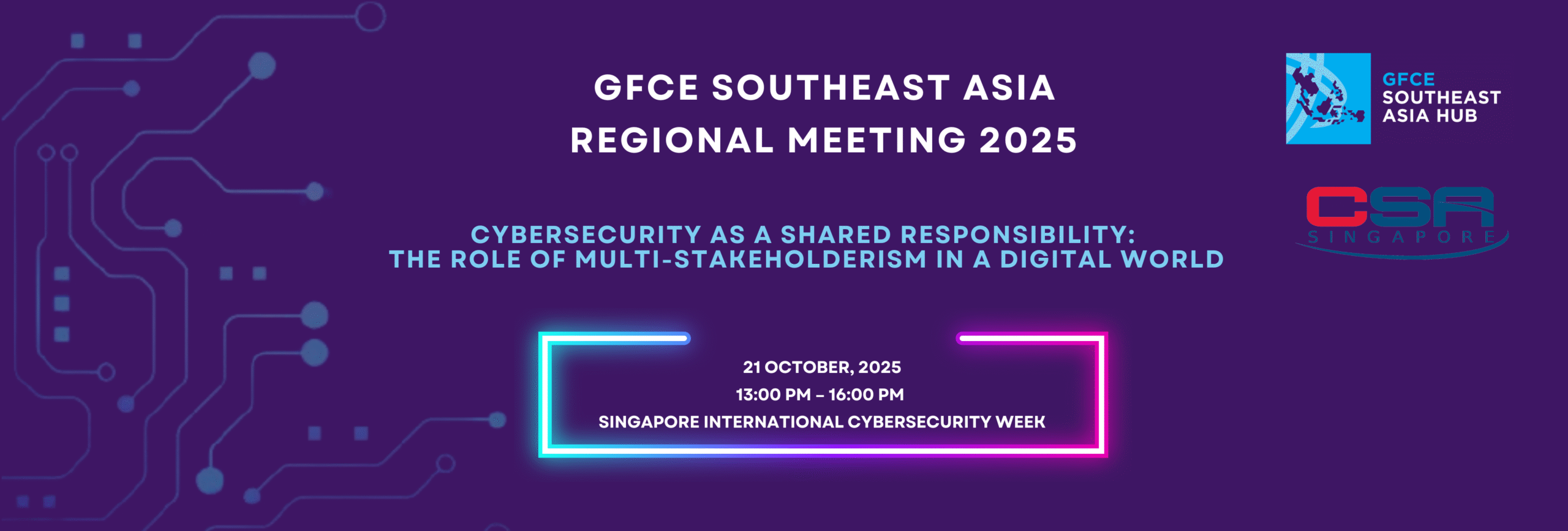
The GFCE Southeast Asia (SEA) Regional Meeting 2025, hosted by the GFCE SEA Hub in collaboration with and funded by the Cyber Security Agency of Singapore (CSA), brings together government leaders, private sector stakeholders, civil society, academia, and international partners to advance multi-stakeholder collaboration in cybersecurity governance. With the theme “Cybersecurity as a Shared Responsibility: […]
GFCE SEA Hub Director Speaks at WESF 2025 on Critical Infrastructure Resilience
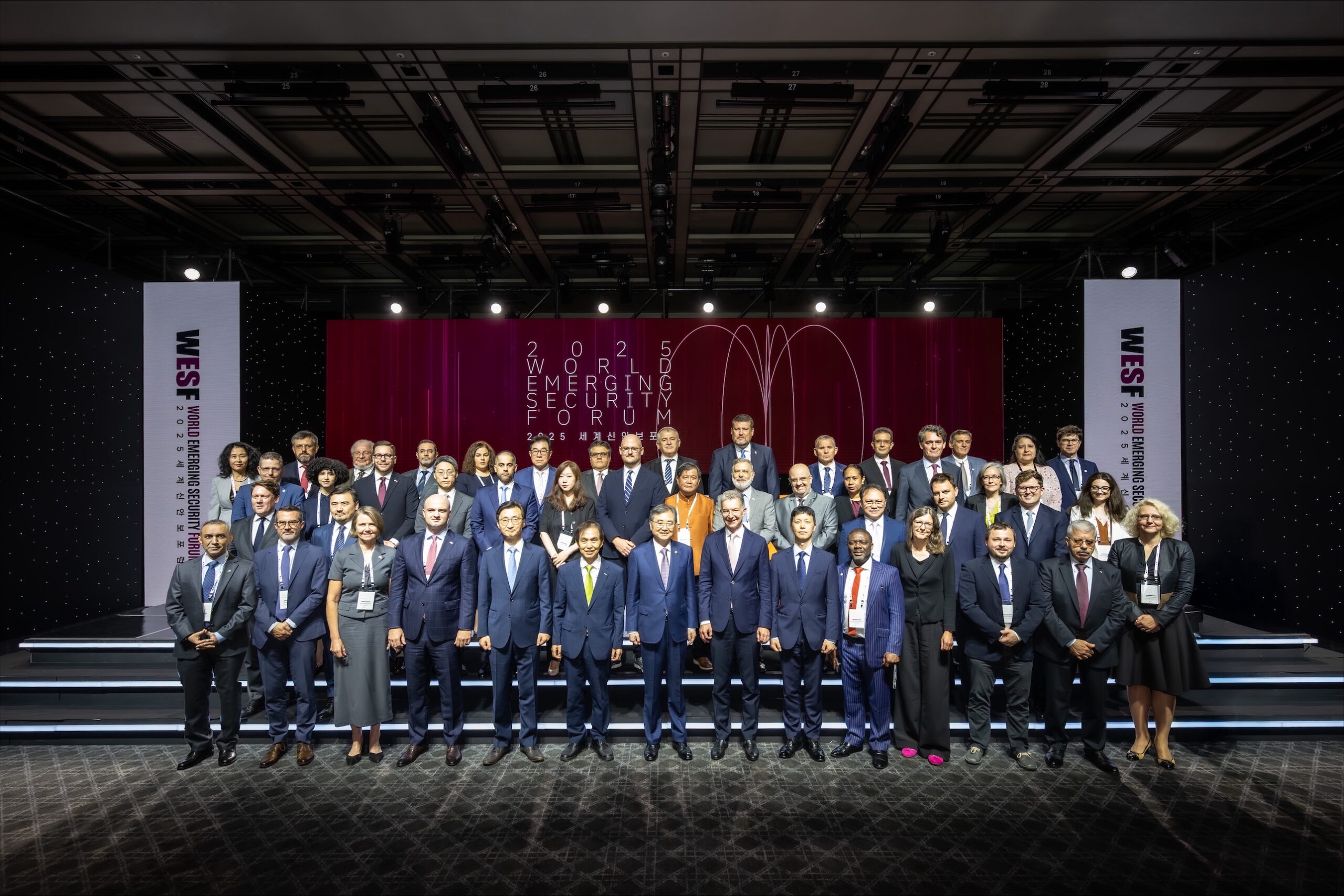
Seoul, Republic of Korea — September 8, 2025. The GFCE South-East Asia Hub is pleased to share that its Regional Director, Engr. Allan Salim Cabanlong, ASEAN Eng., participated as a panelist at the World Emerging Security Forum (WESF) 2025, Session 3: Resilience of Critical Infrastructure – Reducing Multidimensional Vulnerabilities, held at the Grand Hyatt Seoul. […]
GFCE Southeast Asia Regional Meeting 2024
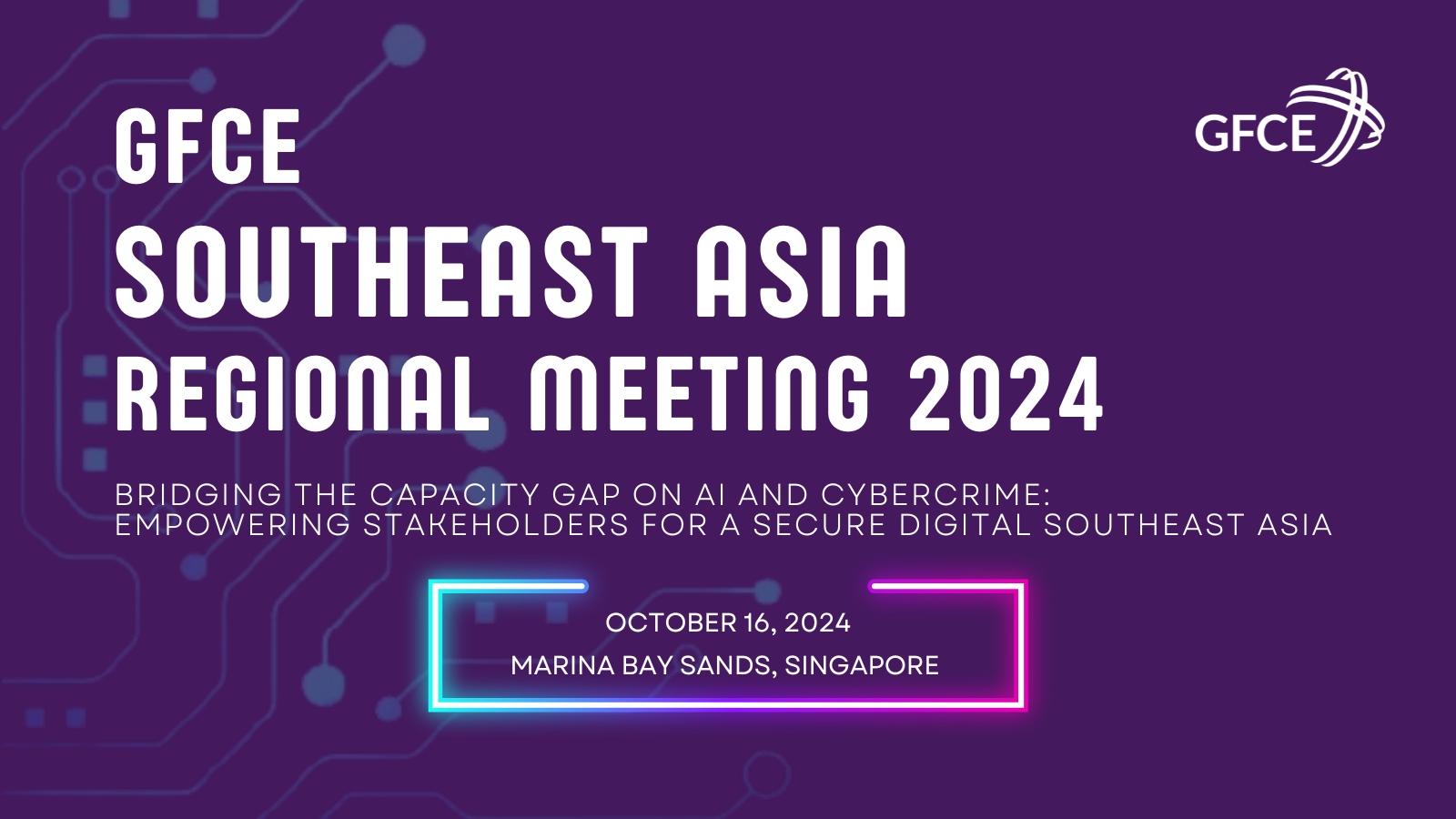
Bridging the Capacity Gap on AI and Cybercrime: Empowering Stakeholders for a Secure Digital Southeast Asia Southeast Asia stands at a critical juncture, grappling with the rapid expansion of digital technologies while simultaneously facing a growing threat landscape. The GFCE Southeast Asia regional meeting aimed to address this pressing challenge by fostering a robust dialogue […]
GFCE and CPED Collaborate on Cybersecurity and AI Forum
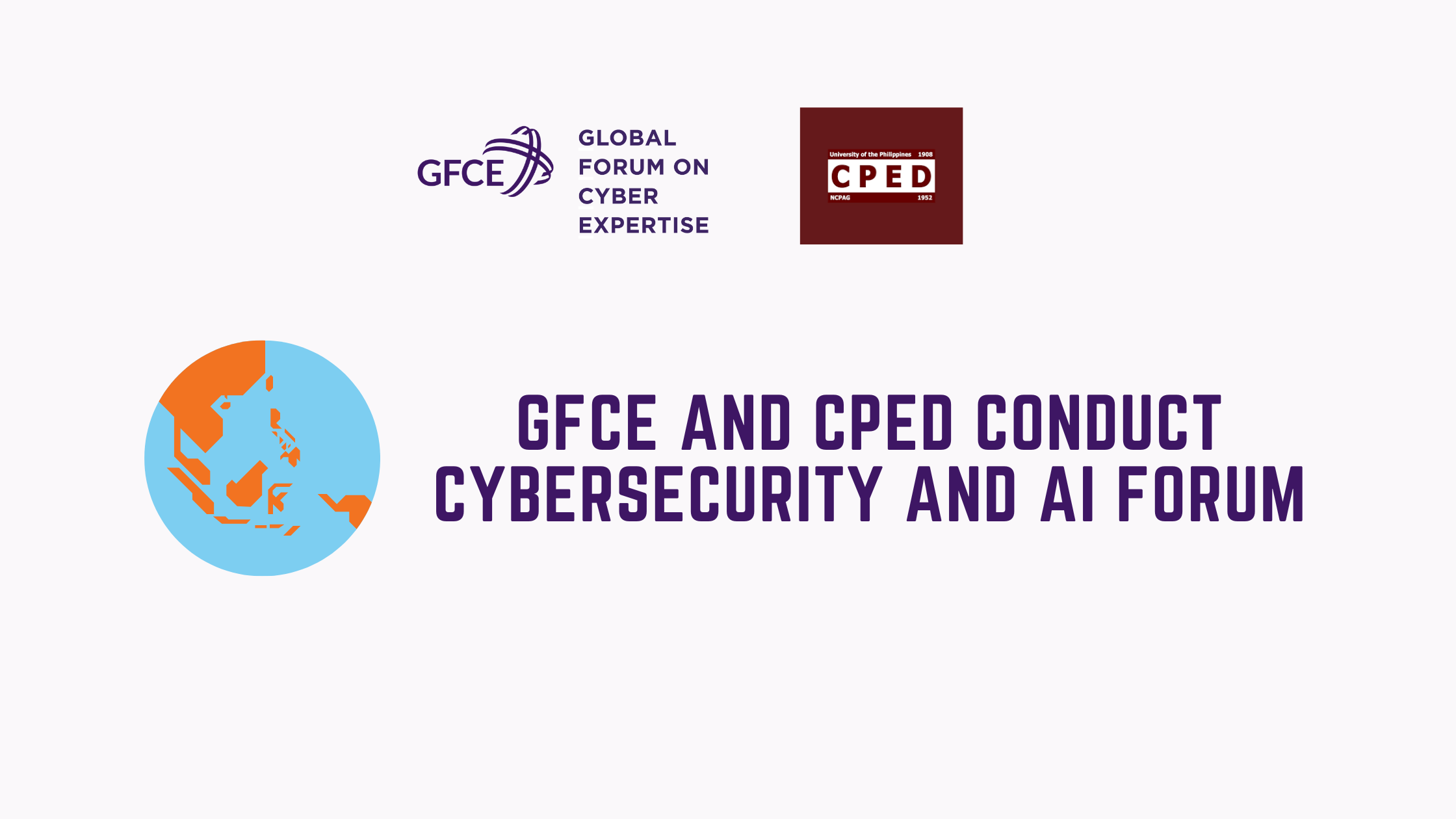
On April 17, 2024, Global Forum on Cyber Expertise (GFCE) and the Center for Policy and Executive Development (CPED) successfully hosted the “Securing the Future: Forum on Cybersecurity and Artificial Intelligence” at UP Diliman’s National College of Public Administration and Governance (NCPAG). The event aimed to boost strategic partnerships and improve policy frameworks for cybersecurity […]
GFCE Southeast Asia Regional Meeting Narrative Report 2023
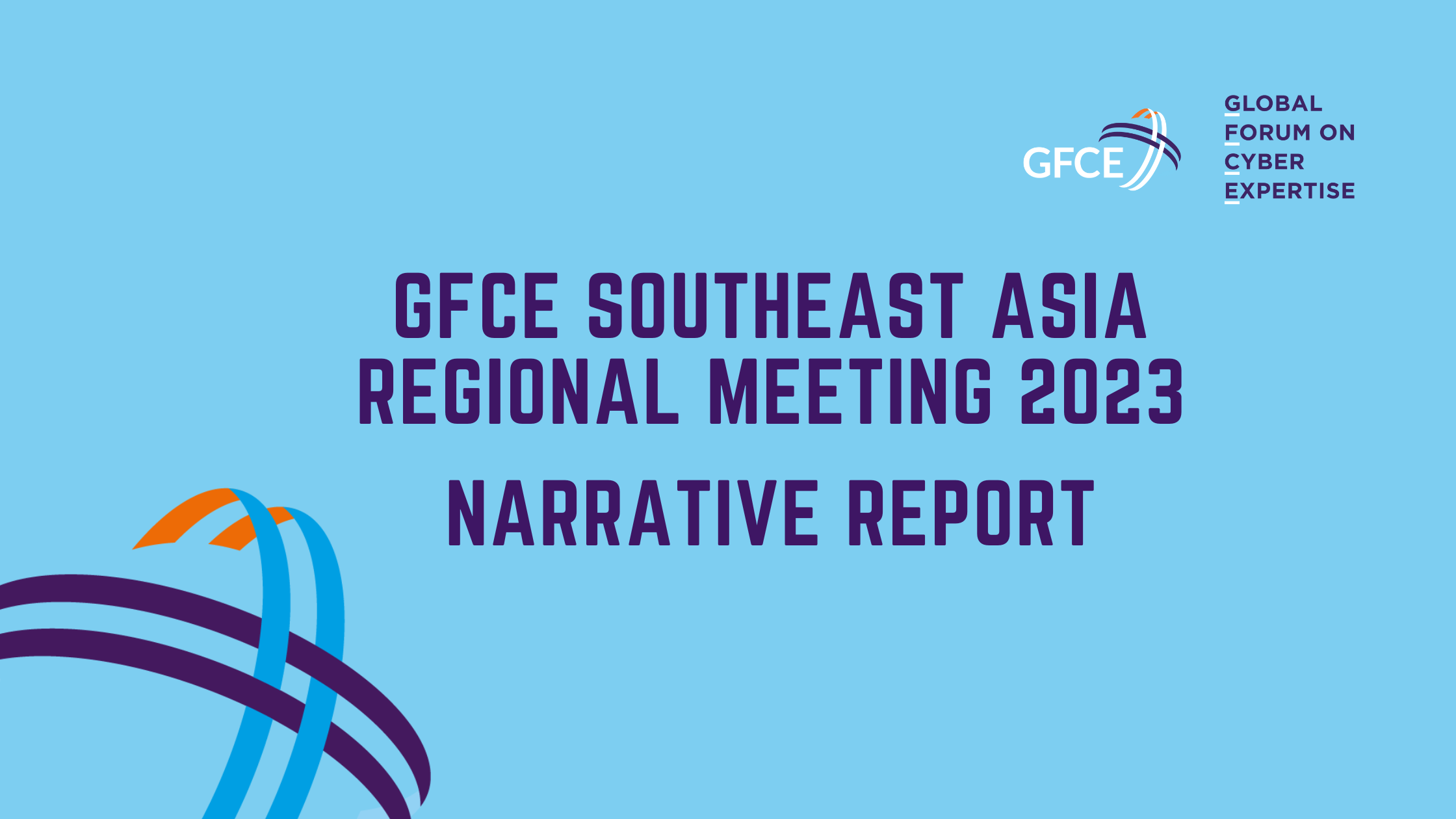
The Southeast Asia Regional Meeting that took place on October 17th, 2023, focused on Catalysing Cyber Synergy: Empowering Southeast Asia’s Digital Future. The regional meeting served as an essential platform for ASEAN Member States and other stakeholders in the region to gather and discuss cyber capacity building needs and best practices. This regional meeting focused […]
Cyber Dialogue: Capacity Building Needs in the Critical Information Infrastructure Sectors
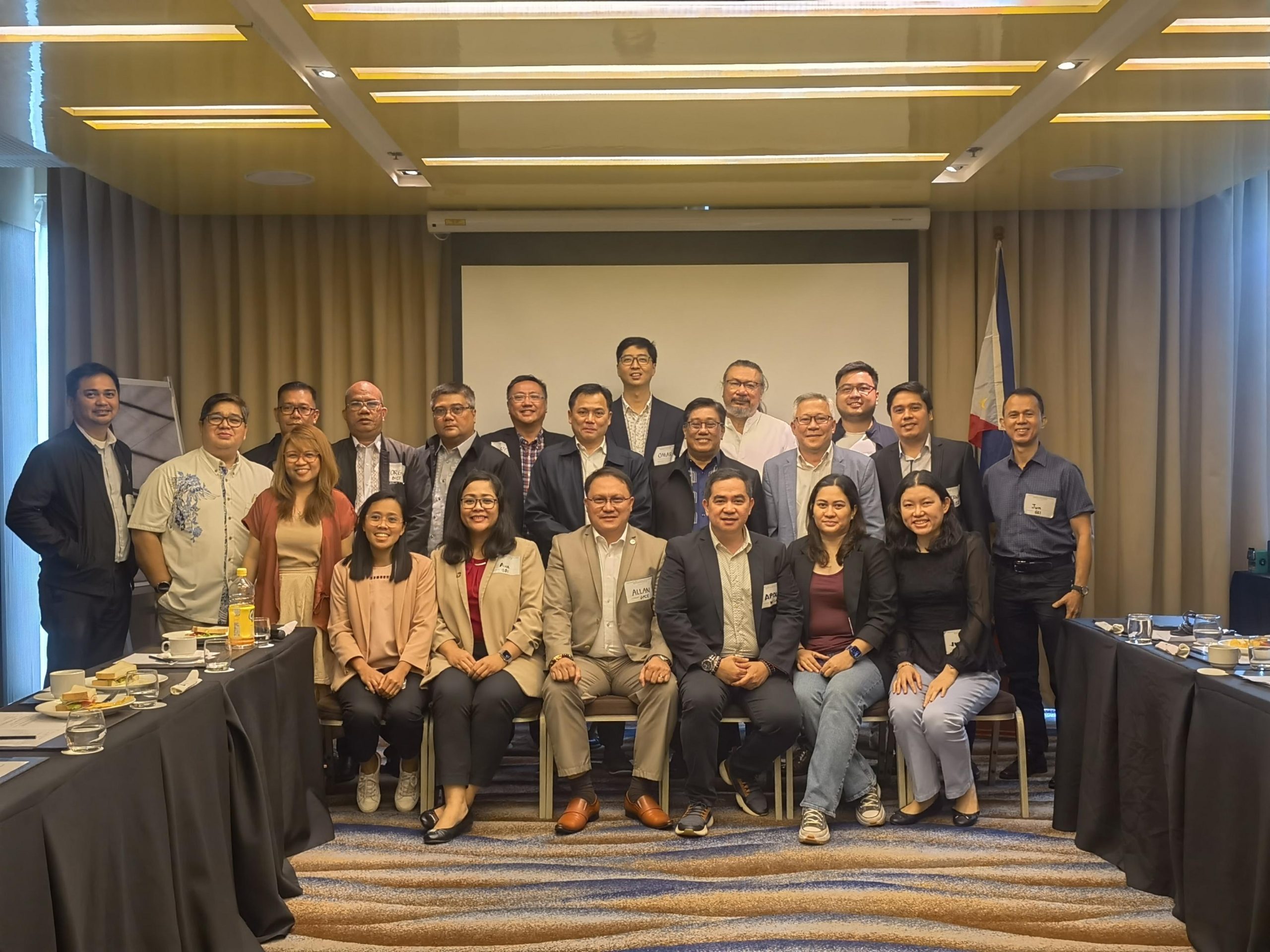
Written by: Allan Salim Cabanlong, Regional Director South-East Asia On November 22, 2023, at Novotel Manila Phillipines, CyberGuardians Inc organized the “Cyber Dialogue: Capacity Building Needs in the Critical Information Infrastructure Sectors” in collaboration with Women in Security Alliance Philippines (WiSAP) with the support of the Global Forum on Cyber Expertise (GFCE) Southeast Asia Hub. The […]
UN Women in Cyber Fellowship
Sponsor UK Foreign, Commonwealth & Development Office Duration 01/10/2021 – 31/03/2022 Project objectives Ensure equal and effective representation of women in UN cyber negotiations. Description
GFCE-Australian support for the Women in International Security and Cyberspace (Women in Cyber) Fellowship Network
Sponsor Department of Foreign Affairs and Trade, Commonwealth of Australia Duration February 2022 – December 2024 Project objectives The Women in International Security and Cyberspace Fellowship program aims to ensure equal and effective representation of women diplomats from all regions in United Nations cyber negotiations. The program seeks to develop cyber governance capacities, providing access […]
GFCE Southeast Asia Regional Meeting 2021
The Global Forum on Cyber Expertise (GFCE), in collaboration with Cyber Security Agency (CSA) Singapore, held the inaugural GFCE Southeast Asia Regional Meeting in October 2021 in the margins of Singapore International Cyber Week (SICW) 2021. This regional meeting brought together over 90 stakeholders from the GFCE community and ASEAN to identify opportunities and challenges […]
GFCE Southeast Asia Regional Meeting 2022
The meeting was held in partnership with the Cyber Security Agency of Singapore during Singapore International Cyber Week (SICW). The focus was on the UN development agenda and the role of the region in it, as well as the Southeast Asia cyber capacity building landscape more generally. It was great to see that members of […]
GFCE Triple-I Guwahati Meeting
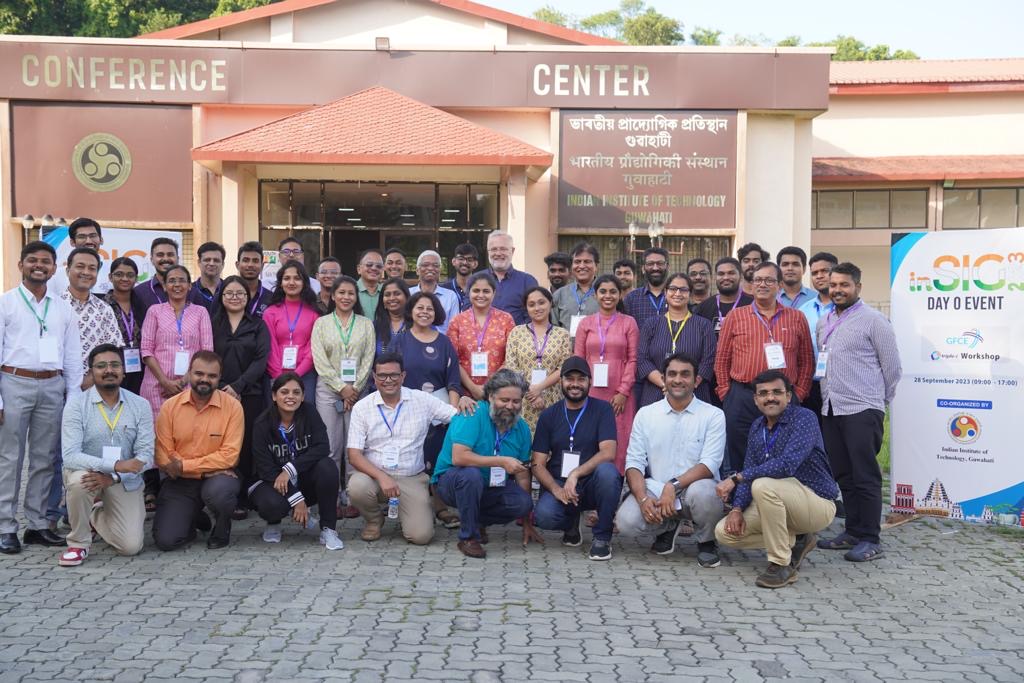
On Thursday 28th September 2023 the 4th GFCE Triple-I workshop in India was held at the Indian Institute of Technology in Guwahati (IIT-G) in conjunction with InSIG 2023. The GFCE Triple-I initiative facilitates awareness raising and capacity building events in different regions of the world in order to enhance justified trust in the use of […]
Webinar: Pioneering of Gender Empowerment in High-Level Cyber Talks
This virtual assembly drew together over 40 participants from both the Pacific and Southeast Asia regions to set in motion a dynamic dialogue centered around women’s empowerment, equality, and inclusivity in shaping high-level cyber discourses and policies. The webinar opened with keynote remarks presented by Mr. Allan Cabanlong, Director of the GFCE Southeast Asia Hub. […]
Inaugural GFCE Regional Director for Southeast Asia Appointed
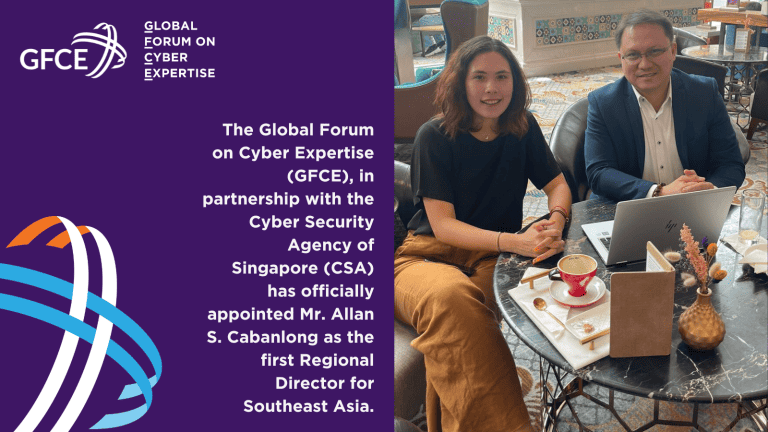
The Global Forum on Cyber Expertise (GFCE), in partnership with the Cyber Security Agency of Singapore (CSA) has officially appointed Mr. Allan S. Cabanlong as the first Regional Director for Southeast Asia this week. This appointment marks a significant milestone in the establishment of the GFCE Southeast Asia Hub, following the creation of a Southeast […]
The Asia-Pacific Cybercrime (APC) Capacity-Building Hub
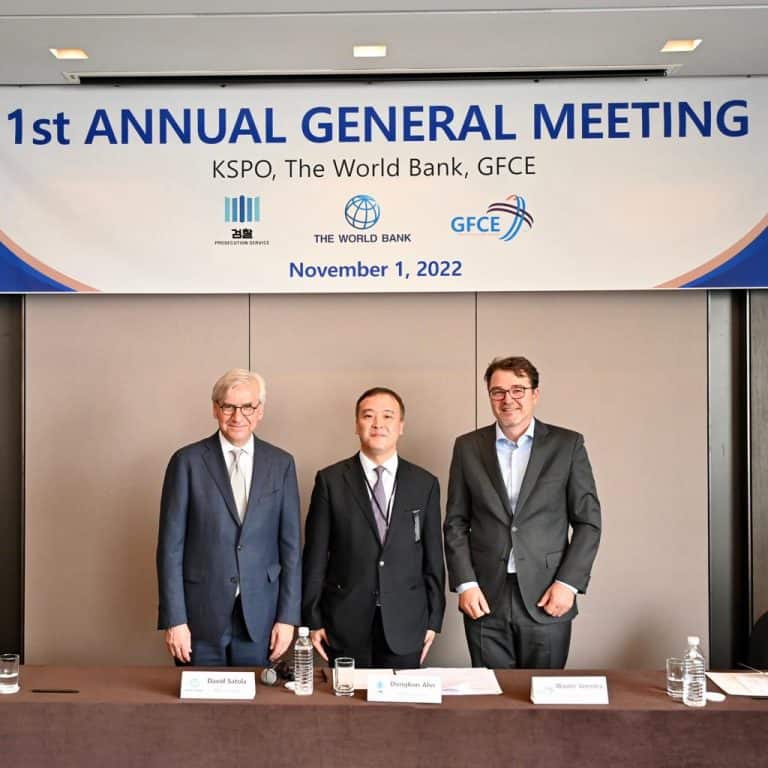
Written byWouter Veenstra, Head Global Outreach and Partnerships, GFCE Secretariat The APC-HUB is a capacity building training institution that provides trainings on combating cybercrime to lawmakers, policymakers, judges, prosecutors, investigators, and all other multi-stakeholders in the Asia-Pacific region. By means of an MoU (Memorandum of Understanding) dating back to 20 November 2019 in Strasbourg, the […]
The lack of cybersecurity capacity building frameworks in Asia
News item | 20-06-2016 Asian nations are experiencing rapid development of ICT and are dealing with various cyber security threats on government computer network and critical sectors. According to the FireEye Advanced Threat Report for the Asia Pacific, Advanced Persistent Threat (APT) activity was consistently high in South Korea, Taiwan, Hong Kong and Japan during […]
New additions to the GFCE network: Thailand & CCSIRS

News item | 26-01-2018 We are proud to announce the GFCE has welcomed both Thailand and the Center for Cyber Security and International Relations Studies (CCSIRS) to take part in the GFCE’s efforts in building global cyber capacities. Thailand is our 64th GFCE member and CCSIRS our 7th GFCE partner. We look forward to a fruitful collaboration with both parties. Please […]
